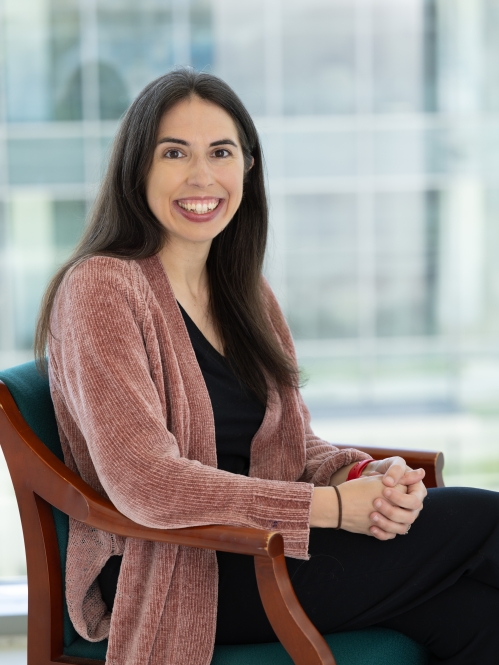Rachel Dietrich

Bio
Rachel Dietrich is a Licensed Independent Clinical Social Worker in the District of Columbia, Colorado, and Virginia. She currently serves as the Embedded Clinician at the American University Washington College of Law, where she provides consultation, short-term individual therapy, and group therapy for law students. Rachel has several years of experience as an individual and group therapist in a variety of outpatient treatment settings including private clinics, community clinics, and college health centers. She also served as the treatment team member for an innovative Family Recovery Court, where she utilized a harm-reduction approach.
Rachel received her BA in Psychology, History, and Writing from Washington University in St. Louis, where she worked as a Research Assistant for the Early Emotional Development Program, Department of Psychiatry. She earned her MSW from the University of Michigan in 2016, with a focus on Interpersonal Practice and Mental Health. At the University of Michigan School of Social Work, she was selected as a Detroit Clinical Scholar. Rachel collaborated on innovative mixed-methods research projects for the Critical Intersectionality Learning Community focusing on how students experienced the culture and climate during their professional training based on their multiple intersecting social locations. Rachel also has professional experience working in graduate school recruitment, admissions, and advising, and she has presented data on international student well-being at the ACPA National Conference (2019). Recently, Rachel presented practice-based evidence on working with law students at the Inaugural Embedded Clinician Conference hosted by the University of Michigan (2023). Rachel has completed Level 2, Radically Open Dialectical Behavioral Therapy Skills training, and also synthesizes psychodynamic theory with third-wave behavioral approaches in her clinical social work practice.
As a clinical social worker and psychotherapist, Rachel strives to create a warm, relational, engaging, client-centered space where her clients feel supported, validated, and empowered to change. During her DSW program, Rachel hopes to focus on improving social work practice via building skills to deepen treatment, and adapting mental health interventions to meet the needs of high-achieving professional students. Rachel also hopes to continue to theorize and contribute practice-based evidence to the field of social work, with a focus on moral injury experienced by professionals working for justice.
